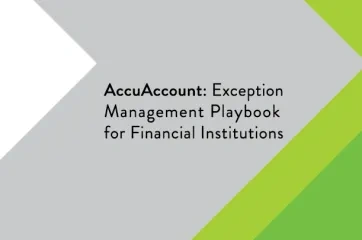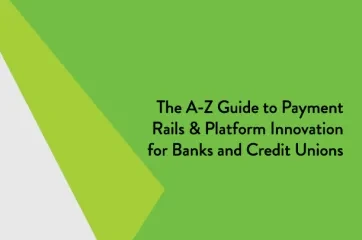What is Day 2 Processing?
Financial institutions use “Day 2 processing” to describe the identification and handling of checks with exceptions. Not all checks require Day 2 processing. In fact, the vast majority of checks are processed without exception.
Although exceptions often occur within one business day of a check entering the payment stream (hence the term, “Day 2”), some exceptions are not recognized until a later date. In either case, the term “Day 2” still applies.
Common Reasons for Day 2 Processing
The following situations (sometimes referred to as “return codes”) are common reasons why Day 2 processing is necessary:
- Not sufficient funds
- Stop payment
- Closed account
- Frozen/blocked account
- Signature(s) missing
- Signature(s) irregular
- Post dated
Day 2 Processing Challenges
Implementing efficient Day 2 processing workflows is essential for consistently resolving payment-related exceptions in a timely, accurate way. However, achieving this goal is difficult when:
Data lives in multiple systems: Relying on multiple check capture technologies means that data lives in multiple systems within your payments ecosystem. That can make it difficult for staff to investigate exceptions and recommend appropriate actions.
Data is missing: Financial institutions depend on accurate payment information to analyze exceptions from a variety of perspectives, such as payor name, payee name, check number, date, courtesy amount (CAR), legal amount (LAR), and other information found in the MICR codeline.
Back-office staff are stretched thin: Dealing with check-related exceptions can involve considerable investigation by back-office staff, especially if the financial institution’s payment ecosystem is not optimized for Day 2 workflows.
Implementing an API-driven payments platform like Unify can alleviate many of the headaches associated with Day 2 processing. Unify can be deployed across all of a financial institution’s points of capture, eliminating data silos and streamlining exception resolution for back-office staff with a common set of business rules.
Visit Our Innovation Hub
Check out Alogent’s Innovation Hub for additional banking definitions as well as downloadable industry papers, eBooks, infographics, blog posts, and other helpful resources.







